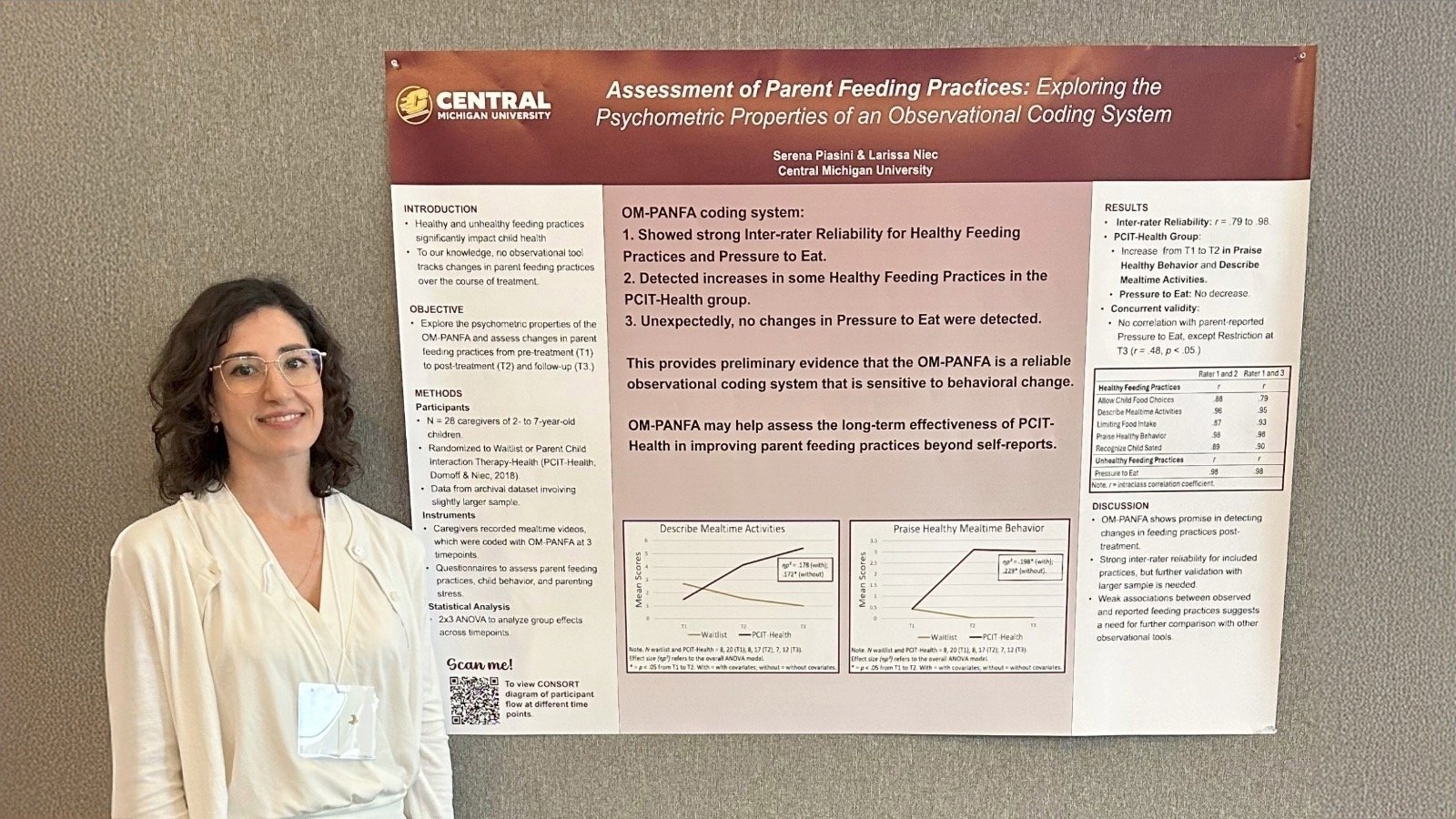
Start up
Passion. Potential. Pitches. Don't miss any of the 2025 New Venture Challenge excitement.
Tune in Friday, April 11 at 1 p.m. for great ideas and fierce competition. Then, join the judges, mentors, spectators and teams as they see who is going home with thousands of dollars in venture financing. The awards broadcast begins at 6:30 p.m. and one team will walk away as the overall best venture.
Central Michigan University’s College of Business Administration is the home of the Isabella Bank Institute for Entrepreneurship and the first Department of Entrepreneurship in the state of Michigan. We are a student-centric hub where experiential, curricular, and external entrepreneurial opportunities intersect.
Our mission is to maximize student success by fostering a campus-wide entrepreneurial mindset that promotes inter-disciplinary collaboration and the creation of new ventures.
We aim to create innovative programming, boost cross-campus and ecosystem collaboration and provide a comprehensive mentoring program.
Our institute provides extracurricular opportunities and is open to all undergraduate and graduate CMU students.
Are you interested in becoming an entrepreneur?
Every journey is unique. Explore the opportunities that interest you.
Encouraging healthy eating habits in children can be challenging, but a new observational tool helps researchers track how parents regulate their child's eating during mealtimes. CMU clinical psychology Ph.D. student Serena Piasini aims to develop a new system to address this question. Supported by a grant from the CMU Office of Research and Graduate Studies, Piasini presented her research on parent feeding practices at the Parent Child Interaction Therapy International Convention in Knoxville, Tennessee. She introduced a new tool called the Observational Measure of Positive and Negative Feeding Activity, a coding system developed in the research group of CMU faculty member Larissa Niec to assess how parents regulate their child’s eating during mealtimes. Unlike self-reports, the new tool allows researchers to observe mealtime strategies accurately, track changes over time, and introduce interventions to prevent obesity and encourage healthy eating habits.

A large focus of Piasini’s study was to analyze videos of children aged two to seven. She wanted to test if the new research tool could detect changes after families participated in Parent-Child Interaction Therapy (PCIT) Health – an obesity prevention program developed by faculty members Larissa Niec and Sarah Domoff. Some examples of the research model include training caregivers to say, “Thank you for staying seated” to children during meals or to suggest healthy options like, “Should we have carrots or broccoli with dinner?”
Piasini gratefully acknowledges the mentorship of Niec and Domoff who supported her project. Looking ahead, Piasini hopes that clinicians and researchers will be able to more efficiently monitor whether parents are successfully applying healthy feeding strategies they learn during treatment sessions. If future studies validate the research tool’s effectiveness, it could become a valuable tool for assessing the impact of obesity prevention programs and supporting healthier mealtime environments for children.

Explore special opportunities to learn new skills and travel the world.

Present your venture and win BIG at the New Venture Challenge.

Boost your entrepreneurial skills through our workshops, mentor meetups and pitch competitions.

Learn about the entrepreneurship makerspace on campus in Grawn Hall.

Present a 2-minute pitch at the Make-A-Pitch Competition and you could win prizes and bragging rights!

Connect with mentors and faculty who are here to support the next generation of CMU entrepreneurs.

Are you a CMU alum looking to support CMU student entrepreneurs? Learn how you can support or donate to the Entrepreneurship Institute.